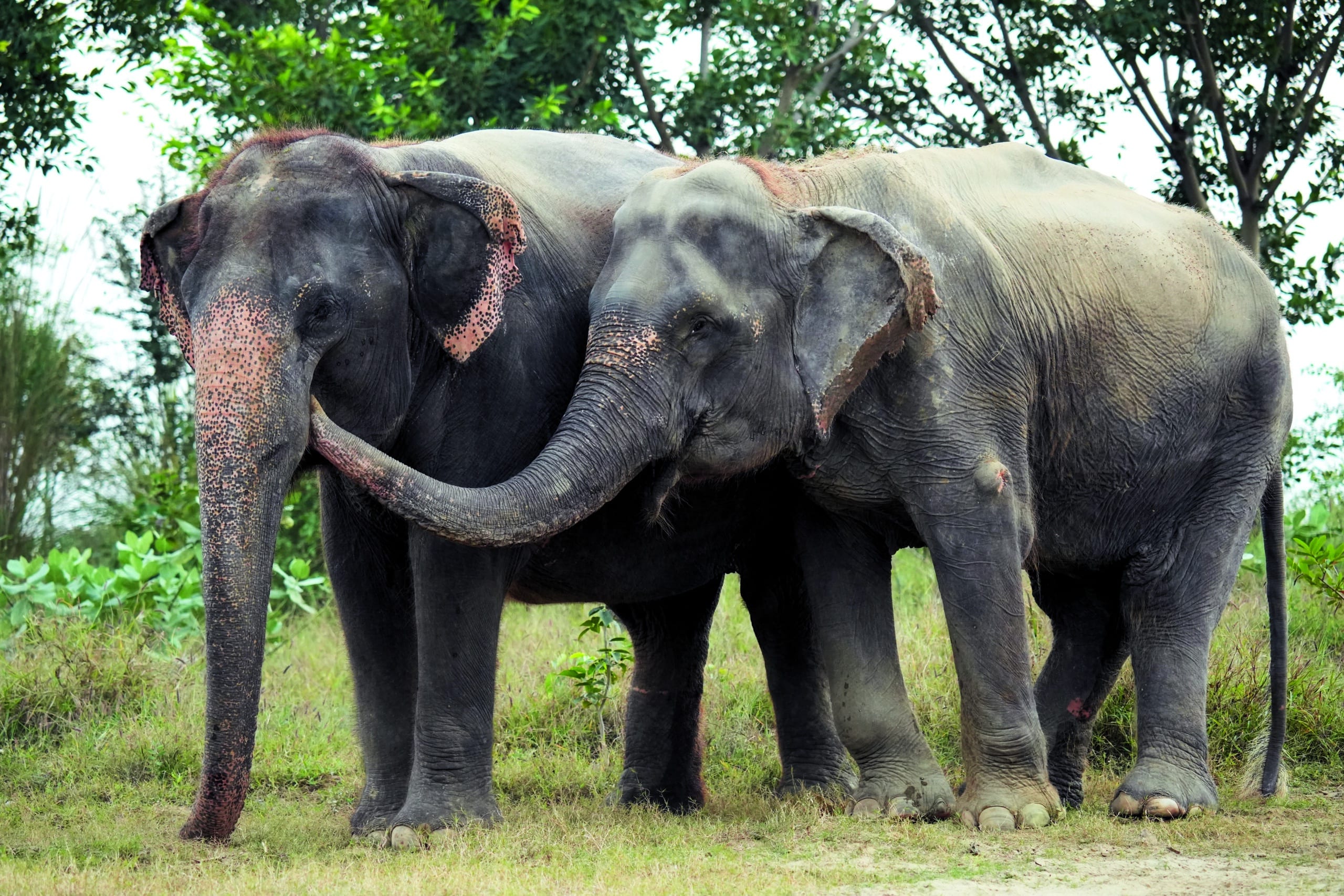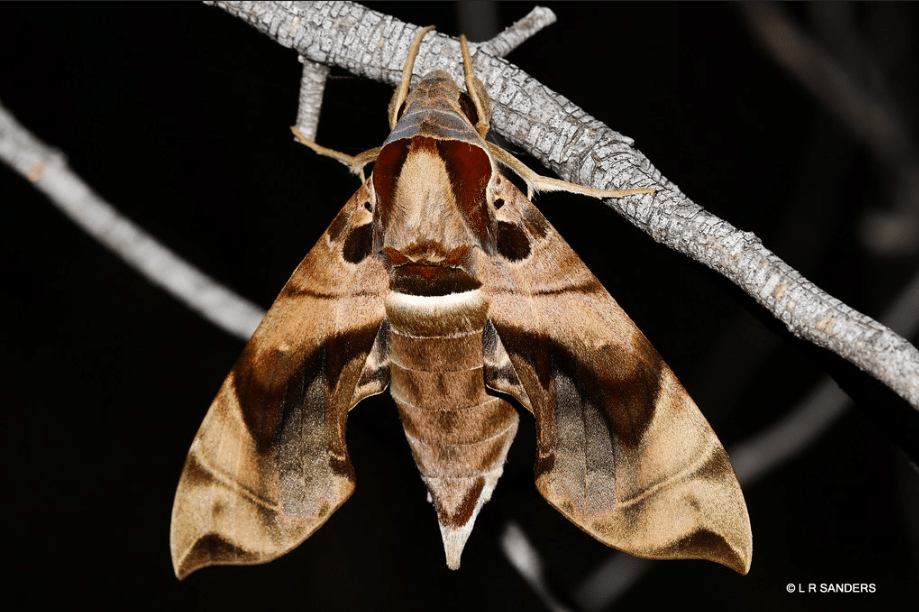You might remember Kalpana—I am happy to report that this year she celebrates her fifth rescue anniversary at Wildlife SOS. Formerly exploited and abused as a ‘begging’ elephant in Uttar Pradesh, Kalpana was rescued in 2019 and brought to the Wildlife SOS Elephant Hospital Campus (EHC) in Mathura for comprehensive...
Queensland’s Department of Agriculture and Fisheries (QDAF) has today announced an expansion of their SharkSmart drone trial to Palm Cove and Alma Bay in North Queensland, following successful trials in Southern Queensland. Expansion of the trial reflects shifting community attitudes toward shark control, with up to 98% of people in support of the use of drones as a shark spotting tool in Queensland.[1]
Conservation groups Humane Society International Australia (HSI) and the Australian Marine Conservation Society (AMCS) welcome the expanded trialling of non-lethal solutions in Queensland—a promising step toward comprehensive implementation of non-lethal shark control measures throughout the state and away from ineffective and destructive shark culling.
Drones are effective visual shark detection systems that allow lifesavers to clear beaches immediately in response to a shark sighting. Drones can assist with identifying swimmers in peril and can be equipped to deploy personal flotation devices making them incredibly useful to the broader mission of swimmer safety at beaches beyond shark spotting.
Between February and April 2021, QDAF sought feedback from the community on their perceptions toward drones as a shark spotting tool. Between 83 and 98% of respondents supported using drones as a shark spotting tool, and 75% of respondents said they were likely to choose a beach with shark spotting drones. Improved swimmer safety and their lack of harm to marine life were two of the main reasons people surveyed supported drones.
“The Queensland Government has made great progress in introducing new, non-lethal solutions to aid in swimmer safety. Drones are an incredibly promising shark surveillance solution so we are very pleased to see the trial expanded to Northern Queensland. We hope to see more expansions of drone surveillance, building confidence in non-lethal technologies and an end to culling,” said Lawrence Chlebeck, marine biologist for Humane Society International Australia.
Dr Leonardo Guida, shark scientist with AMCS said, “It’s encouraging to see the progress made by the Queensland Government and the Department of Fisheries towards improving and modernising bather safety. There’s still a way to go yet though, whales, dolphins, turtles, rays and sharks are still at risk from drowning in shark nets and on drumlines as they currently make their way along the Queensland coast. We hope non-lethal strategies to improve bather safety will continue to be expanded, including the removal of shark nets and lethal drumlines.”
Humane Society International Australia and the Australian Marine Conservation Society are currently leading a joint campaign, “Shark Champions”, to end lethal shark control measures in Queensland. The Shark Culling Impact Tracker, a tool developed by HSI and AMCS which counts marine life caught and killed in Queensland’s shark control program since 2001, is available to view at www.sharkchampions.org.au/qldsharkcull.
[1] https://www.daf.qld.gov.au/sharksmart/drone-trial


